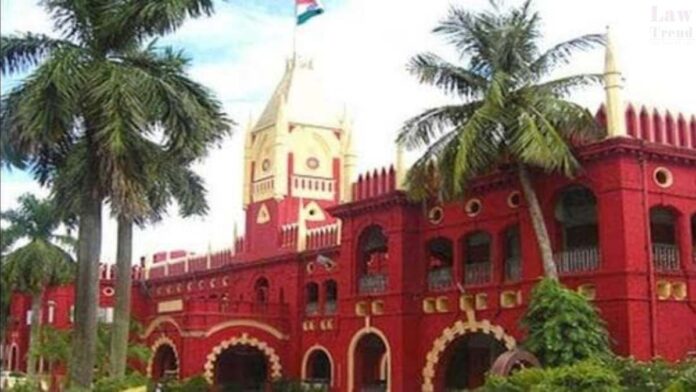In a significant ruling concerning inheritance rights under Hindu law, the Orissa High Court has held that children born from void marriages are entitled to inherit both the ancestral and self-acquired property of their father, provided the share in ancestral property is limited to what the father would have received upon a notional partition. The
To Read More Please Subscribe to VIP Membership for Unlimited Access to All the Articles, Download Available Copies of Judgments/Order, Acess to Central/State Bare Acts, Advertisement Free Content, Access to More than 4000 Legal Drafts( Readymade Editable Formats of Suits, Petitions, Writs, Legal Notices, Divorce Petitions, 138 Notices, Bail Applications etc.) in Hindi and English.




